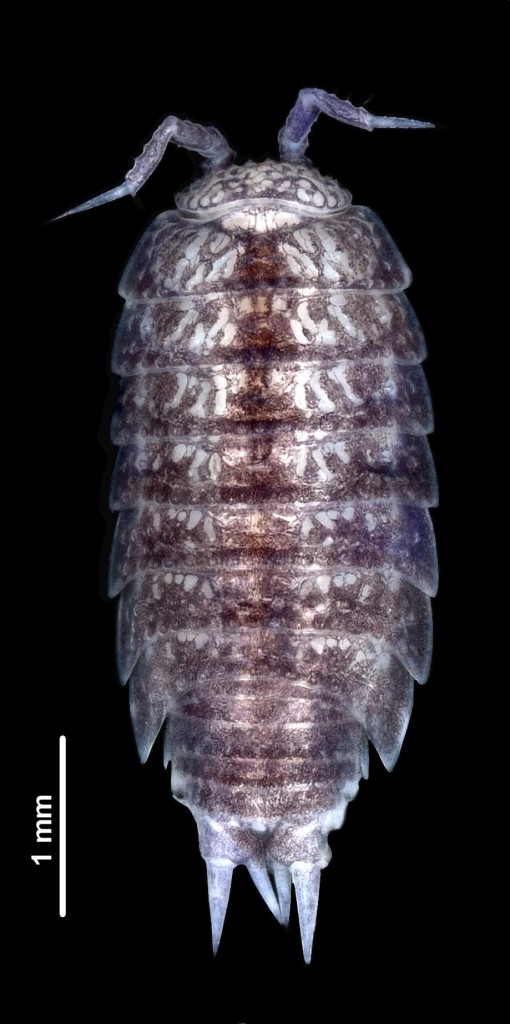For assistant research professor Jut Wynne, the past few years have been void of his favorite activity: crawling around in caves looking for bugs. Now, the prestigious, highly competitive Fulbright fellowship will allow Wynne to continue his work on Rapa Nui, also known as Easter Island.
“I will be sampling caves on the island to look for invertebrates that occur only on Easter Island,” said Wynne, who plans to work closely with the Rapa Nui National Park staff. “Along with sampling for endemic species I would like to garner more information about their natural history, their habitat requirements and potentially how they interact with communities of non-native species.”
Wynne’s work on the Chilean island began in 2008. Along with fellow researchers, he identified eight species new to science and endemic to the southeastern Pacific island.
“On Easter Island, there has been this dramatic environmental shift and the island is now inhabited primarily by non-native invertebrate species and there are exceedingly few native species remaining,” Wynne said. He will be assisting Rapa Nui National Park to develop conservation and management strategies to help protect the native species. He believes their future is uncertain due to the large number of invasive species.
Wynne’s sample collecting and new data will expand his current body of research on the cave ecology of Rapa Nui. He also hopes to rappel off the island’s cliff faces and comb the jagged rocky shorelines to search for endemic insect species during his time on the island later this summer.

As a Fulbright Visiting Scholar, Wynne will join the ranks of other notable NAU Fulbright researchers. For the current academic year, faculty members Erik Nielsen and Robert Schehr are Core Fulbright Scholars. The previous year’s scholars were Marin Robinson, Guy Senese, Corina Kellner and Paul Donnelly.
The Fulbright Scholar Program organization, which has numerous programs for faculty and students, is still in the process of identifying its newest fellowship recipients.



